Disclosure: This article contains affiliate links. We may earn a commission from purchases at no extra cost to you, which helps our travel content.
When your health crisis becomes your greatest catalyst, you learn to embrace the unpredictable. Last fall, I traded my air-conditioned Delhi apartment for a month traversing the Libyan landscape—from the UNESCO-protected mud-brick labyrinths of Ghadames to the Mediterranean's azure embrace at Maliana Beach. This wasn't just geographical distance; it was a journey across centuries, civilizations, and inner landscapes that reshaped my understanding of both ancient wisdom and my own digital craft.
Preparing for Libya's Dual Worlds
Libya remains gaming's ultimate 'locked level' for most travelers—mysterious, challenging, and requiring specific prerequisites to access. After three years navigating India's bureaucratic labyrinths, Libya's visa process felt like a familiar mini-boss battle. Working remotely meant ensuring connectivity across vastly different terrains, from ancient desert to coastal cities.
My prep involved three critical power-ups: a satellite communication system, cultural research, and local contacts. I invested in a satellite messenger which proved indispensable when venturing beyond cellular networks in the desert regions. This compact device allowed me to maintain emergency communications and share GPS coordinates—essential when the landscape offers few recognizable landmarks.
For cultural immersion, I spent weeks studying Libyan Arabic phrases and customs. Unlike the standardized tutorials in game development, real-world language learning requires adaptation to regional dialects and cultural nuances. The language translator became my constant companion, helping bridge communication gaps when my limited Arabic vocabulary failed me.
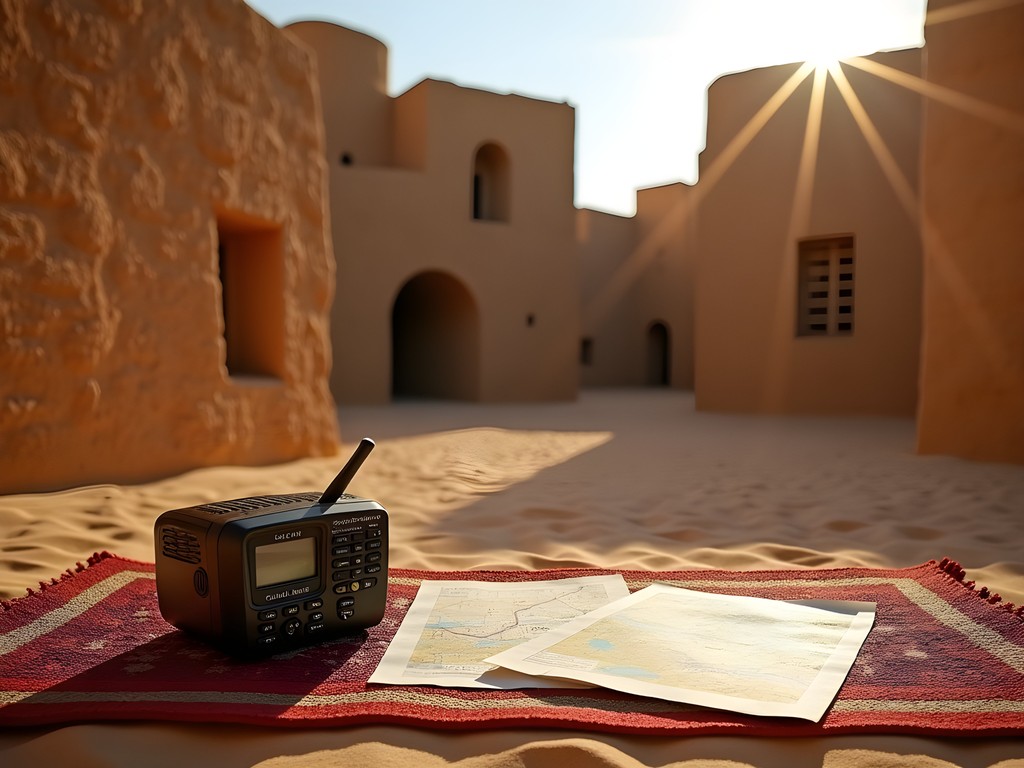
💡 Pro Tips
- Apply for Libyan visas at least 3 months in advance through a reputable travel agency with Libyan connections
- Download offline maps for the entire route as Google Maps has limited functionality in remote areas
- Arrange local guides in advance for desert regions—they're mandatory in many areas and invaluable everywhere
Ghadames: The Desert's Living Algorithm
Ghadames isn't just Libya's oldest oasis city—it's a masterclass in ancient problem-solving algorithms. The intricate three-dimensional maze of interconnected houses creates natural cooling systems that outperform modern air conditioning. As someone who optimizes game engines for performance, I was humbled by how these desert architects solved thermal regulation challenges using only mud, lime, and palm wood.
I spent my mornings exploring the labyrinthine alleys below while the midday sun transformed the city into an impossible level of heat. During these scorching hours, I retreated to my modest guesthouse to work remotely on debugging sessions for a mobile game back in the States. The contrast was striking—optimizing virtual worlds while surrounded by one of humanity's most ingenious real-world designs.
Evenings brought relief as I ventured to the old market where I discovered a traditional Libyan tea brewing set that now travels with me everywhere. The ritual of preparing mint tea became my daily meditation, a process as methodical and satisfying as writing clean code.
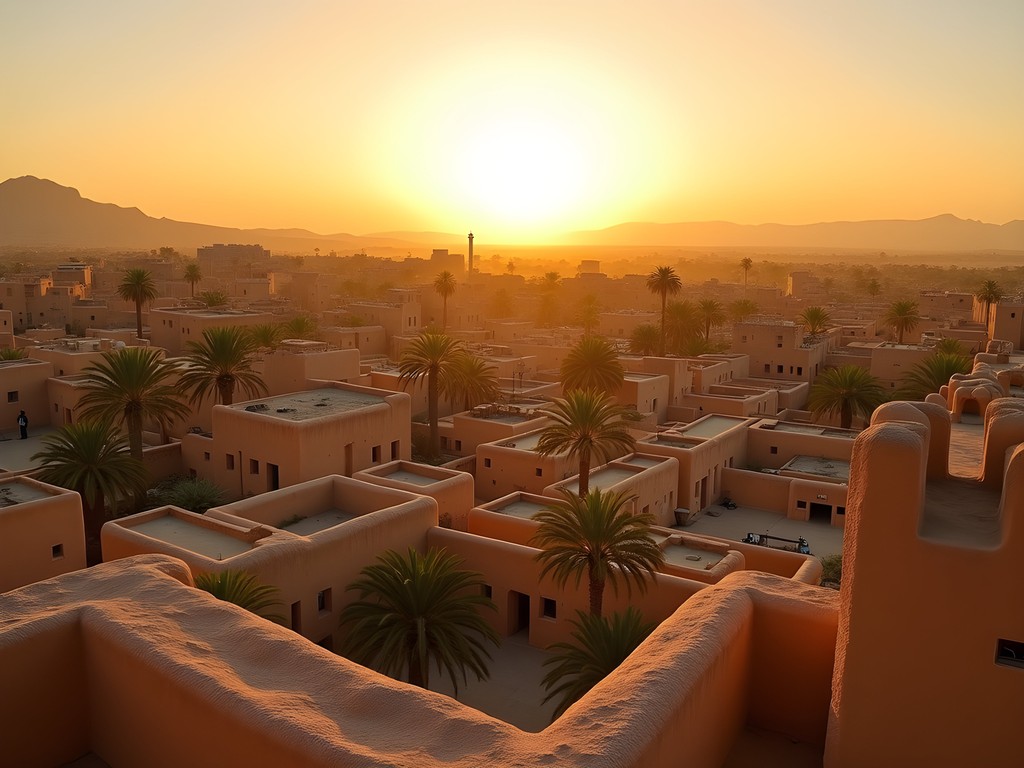
💡 Pro Tips
- Visit the rooftop terraces at sunset for breathtaking panoramic views of the entire oasis
- Respect local customs by asking permission before photographing people, especially women
- Bring a powerful headlamp for exploring the dimly lit covered passageways
Desert Crossing: The Offline Experience
The journey from Ghadames toward the coast is Libya's ultimate loading screen—vast, seemingly endless, occasionally interrupted by unexpected content. Traveling with a small convoy of local guides and fellow adventurers, we crossed landscapes that shifted from golden dunes to rocky hamada to surprisingly lush wadis.
This segment tested my preparation and adaptability. My solar power station became the party's most valuable resource, keeping essential devices charged when we camped far from any power grid. The guides were amused by my need to power up my laptop each evening, but understood when I explained I was maintaining my connection to work projects.
The desert nights revealed why ancient astronomers made such precise calculations. Without light pollution, the stars became an overwhelming display of cosmic architecture. I used my star mapping app to identify constellations while our guides shared traditional Libyan star lore. These dual perspectives—scientific and cultural—reminded me how knowledge systems complement rather than contradict each other, much like how I blend traditional Ayurvedic practices with modern medicine.
Most evenings, I'd sketch game environment concepts inspired by the landscapes we traversed. The desert's minimalist palette and dramatic lighting have since influenced the visual design of a mobile game I'm currently developing—proof that disconnecting occasionally leads to the most powerful creative connections.
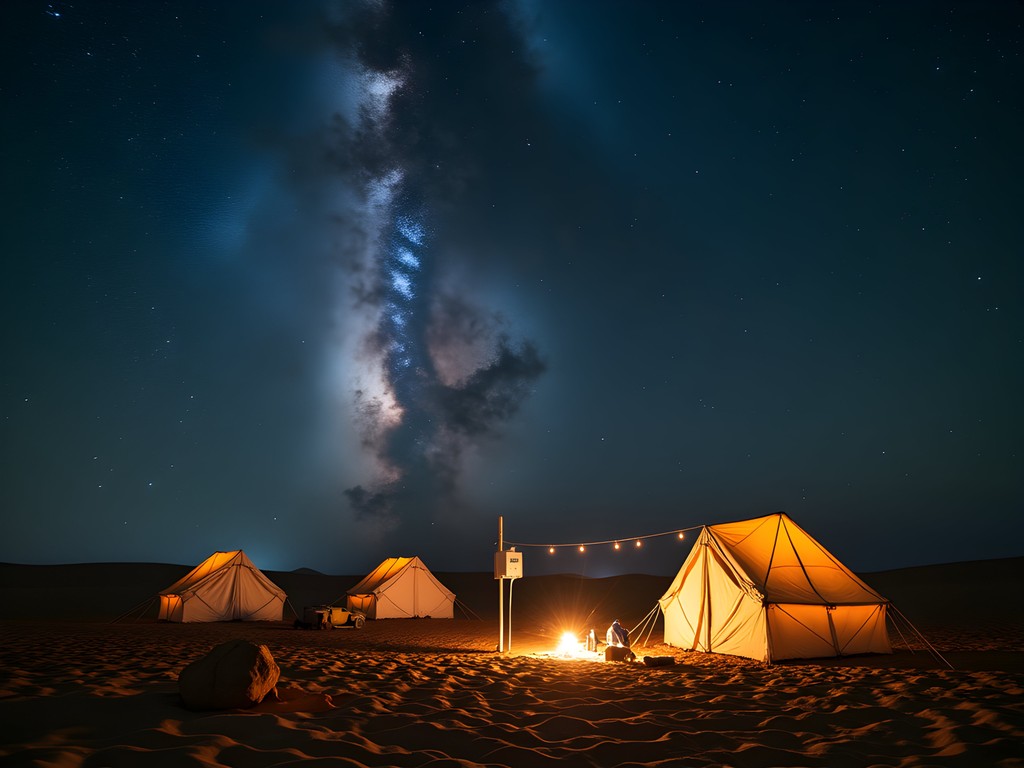
💡 Pro Tips
- Pack a high-quality sleeping bag rated for cold temperatures as desert nights can drop below freezing
- Bring twice as much water as you think you'll need—dehydration happens rapidly in desert conditions
- Learn basic astronomical navigation as a backup to GPS systems which can be unreliable in remote areas
Coastal Revelation: Maliana's Healing Waters
After weeks of desert immersion, the Mediterranean coast hit my senses like a system reboot. Maliana Beach—with its pristine white sand meeting waters that cycle through impossible shades of blue—felt like a reward level unlocked after the desert's challenging gameplay.
The transition from desert to shore creates a unique microclimate where warm desert air meets cool Mediterranean breezes. This intersection reminded me of my own life path—the meeting point of Kansas City pragmatism and Eastern holistic practices, of game development precision and Ayurvedic intuition.
I established a daily ritual of dawn swims followed by meditation on the shore. The waterproof meditation cushion I brought proved perfect for beach sessions, providing comfort while resisting moisture and sand. These morning practices became the foundation of my days, after which I'd set up my mobile workstation under a rented beach umbrella, coding with a view that no office could match.
The healing properties of sea water accelerated my recovery from a minor skin condition I'd developed in the dry desert climate. This practical experience of natural healing reinforced my interest in traditional medicine systems that recognize environment as a key health factor. I documented these effects in my ongoing personal research comparing Ayurvedic approaches with Mediterranean traditional healing practices.
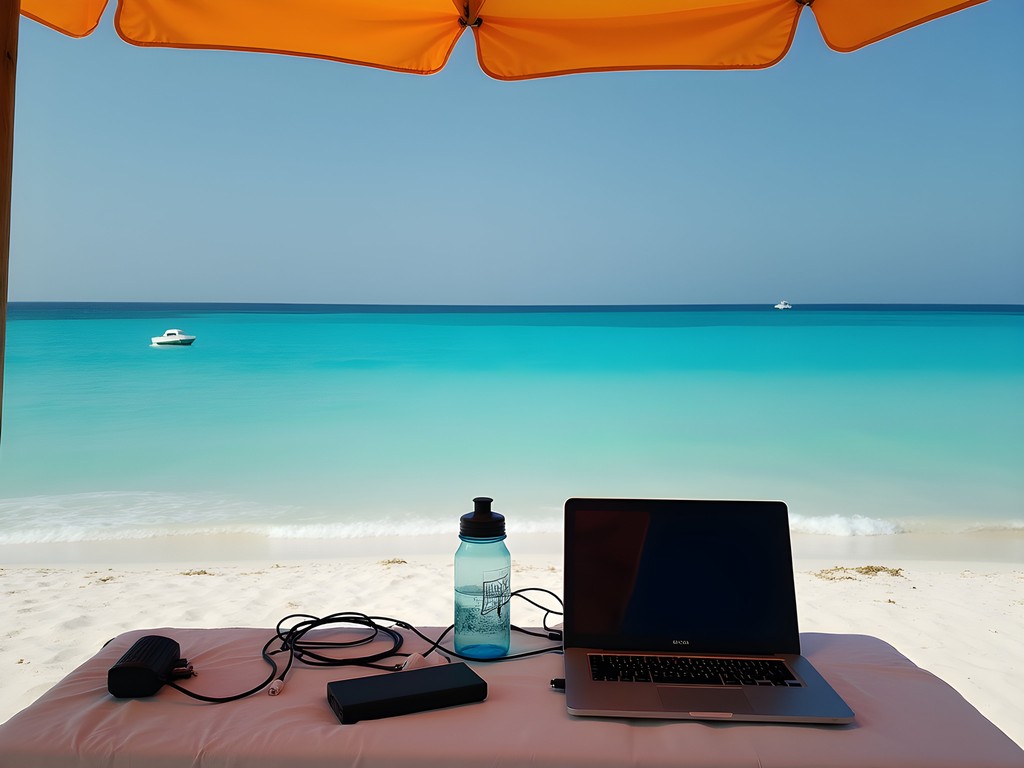
💡 Pro Tips
- Visit Maliana during weekdays as weekends bring local crowds from nearby cities
- Bring a microfiber travel towel that dries quickly between swims and doesn't collect sand
- Consider camping directly on the beach (with proper permits) for the full experience of dawn and dusk on the Mediterranean
Navigating Libya's Practical Challenges
Libya isn't a destination for tutorial mode travelers—it demands advanced gameplay strategies. The country's dual government situation creates administrative complexities that require patience and flexibility. Cash remains king as international banking connections are limited, and I found my hidden money belt essential for safely carrying the necessary funds.
Internet connectivity varies dramatically across regions. In Ghadames, I relied on my guesthouse's modest WiFi supplemented by a local SIM card. During desert transit, my satellite communicator provided essential but limited connectivity. The coastal areas offered surprisingly strong cellular service, allowing for video calls and larger file transfers.
Language barriers present significant challenges outside tourist areas. While Arabic is essential, I discovered that many coastal Libyans speak excellent Italian—a colonial legacy that proved unexpectedly useful. My intermediate Italian (learned during a gaming conference in Milan) opened doors that would have otherwise remained closed.
Food safety requires vigilance, particularly with water sources. My water purification system allowed me to transform questionable water into safe drinking water throughout the journey—an absolute essential when traveling through remote areas where bottled water isn't readily available.
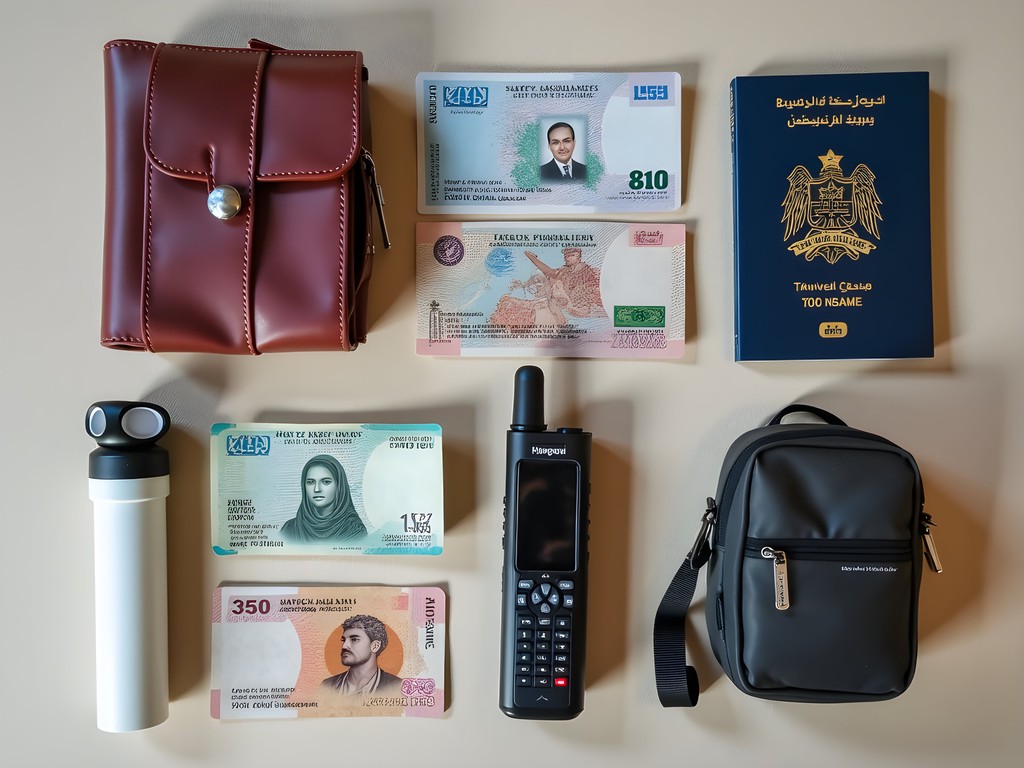
💡 Pro Tips
- Register with your embassy before traveling to Libya and maintain regular check-ins
- Carry printed copies of all permits and travel documentation as digital versions may not be accepted at checkpoints
- Learn basic Arabic phrases for emergencies, directions, and food ordering—efforts at local language are highly appreciated
Final Thoughts
This month-long journey from Ghadames to Maliana wasn't just a geographic traversal but a passage through time, culture, and self. The ancient mud-brick algorithms of desert architecture now inform my game development approaches, while the healing waters of the Mediterranean have deepened my understanding of environmental medicine.
Libya exists in a fascinating liminal space—simultaneously ancient and emerging, challenging yet rewarding. For the solo traveler willing to embrace complexity and preparation, it offers experiences impossible to find elsewhere. The contrasts between desert silence and coastal rhythms, between architectural traditions and natural formations, create a sensory journey that no virtual reality could replicate.
As I write this from my apartment in Delhi, integrating Libyan-inspired elements into my current game project, I'm reminded that our most valuable experiences often come from our most challenging journeys. If you're considering this route, know that it demands respect, preparation, and flexibility—but returns these investments tenfold in perspective and inspiration. The desert to shore passage isn't just a journey across Libya; it's a journey across yourself.
✨ Key Takeaways
- Libya requires advanced planning but rewards with unparalleled experiences spanning desert to Mediterranean landscapes
- Working remotely while traveling through challenging environments demands redundant systems for power, connectivity, and safety
- The contrast between ancient desert wisdom and coastal healing creates a powerful framework for personal growth and creative inspiration
📋 Practical Information
Best Time to Visit
Fall (October-November) or Spring (March-April)
Budget Estimate
$3,000-4,500 USD for one month including guides
Recommended Duration
3-4 weeks minimum
Difficulty Level
Challenging

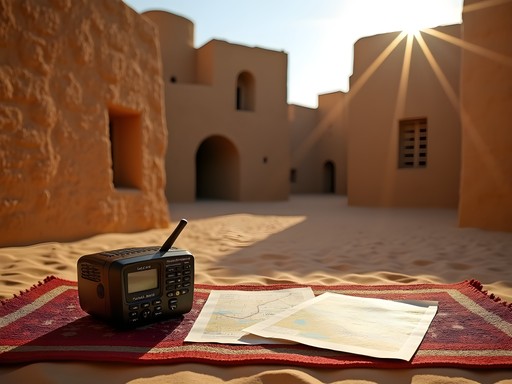
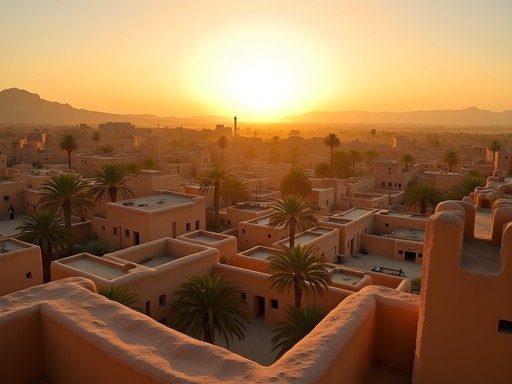
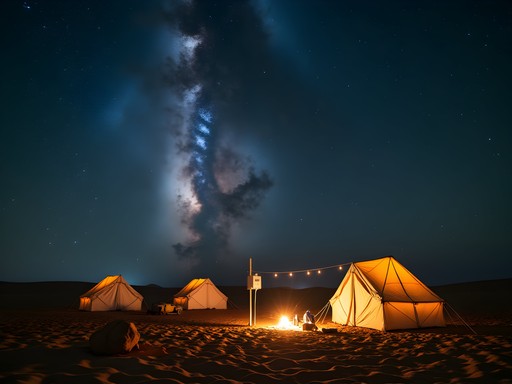
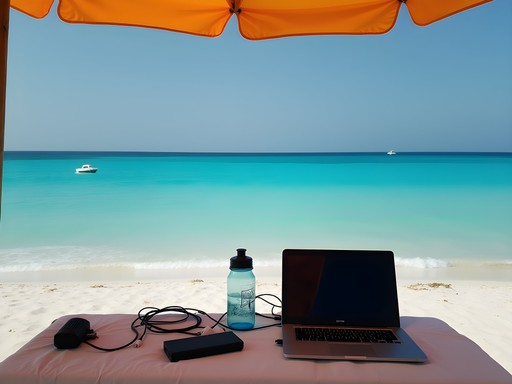
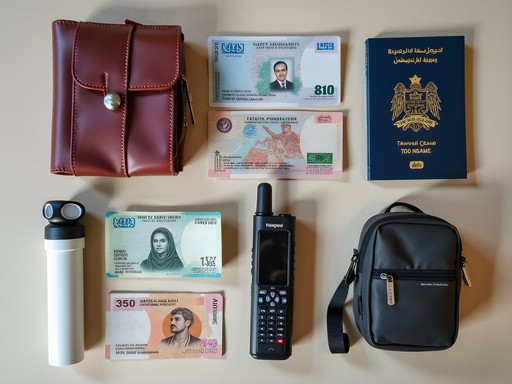


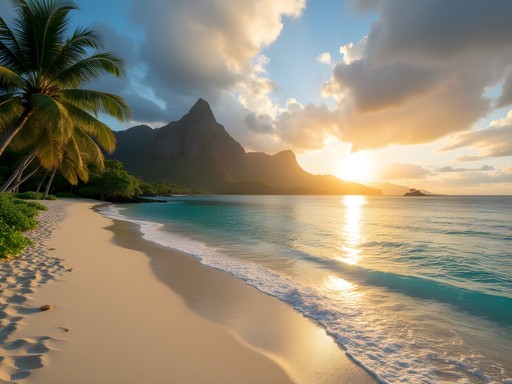
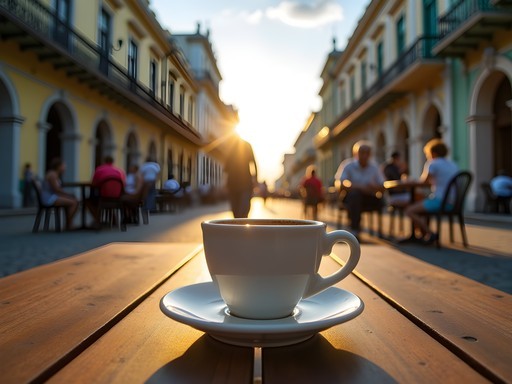
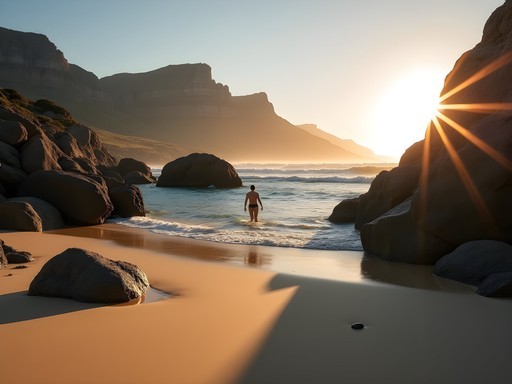
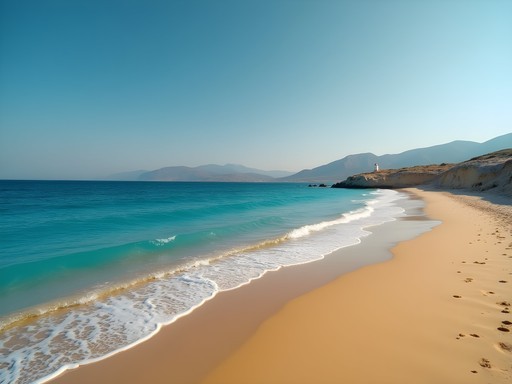
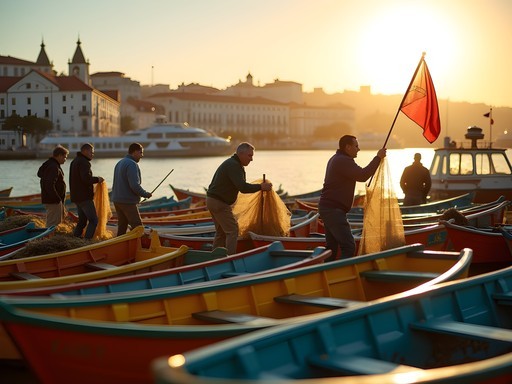
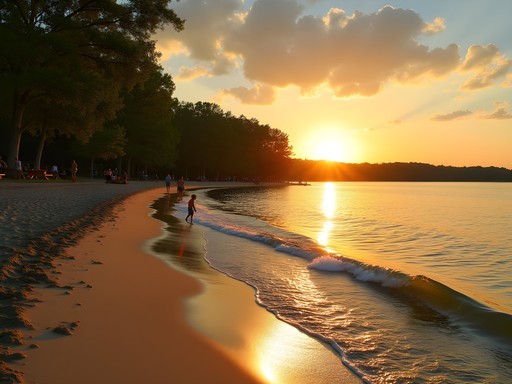
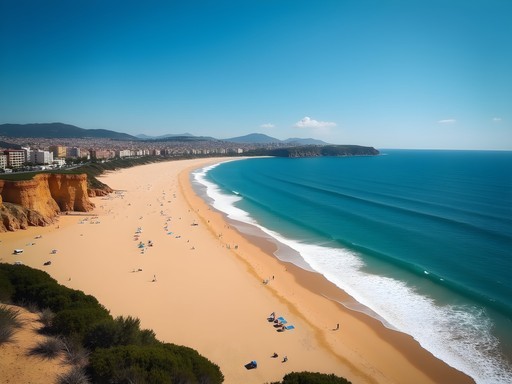
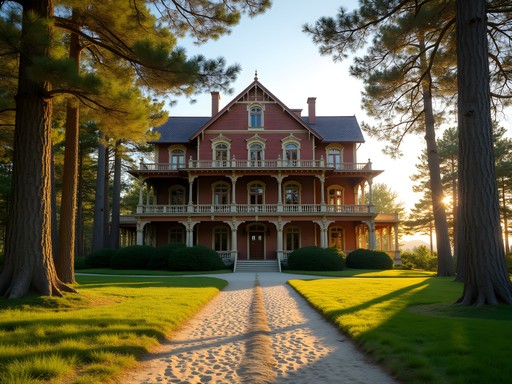
Comments
skyperson737
Just got back from Libya myself. If anyone's planning to go, bring twice as much water as you think you need for desert portions. Trust me on this one.
Wyatt Moreau
100% agree with this. The heat is no joke, especially if you're coming from a temperate climate.
wanderguy
DUDE! Those beach photos from Maliana are INSANE!! That water color doesn't even look real! Did you actually swim there? How was the temperature? I'm dying to know if it's as perfect as it looks!!
escapeguy
How was the security situation? Been wanting to visit Libya but always hear mixed things about safety.
Wyatt Moreau
Valid concern. I went with a reputable local guide who handled all permits and security arrangements. Stuck to areas known to be stable. The tourism infrastructure is slowly rebuilding, but research and local connections are essential.
escapeguy
Thanks for the honest take. Mind sharing which guide service you used?
Claire Hawkins
Wyatt, this journey resonates deeply with me. I took my family through northern Libya last year, though we didn't make it as far south as Ghadames. The contrast between desert and coastline is truly magical, isn't it? My kids still talk about how the stars looked in the desert - like someone had scattered diamonds across black velvet. Did you have any issues with connectivity during your desert crossing? We found ourselves completely off-grid for 3 days and it became one of the most meaningful parts of our trip - forced us to really be present with each other.
Wyatt Moreau
Claire, that's exactly it - the digital detox was unexpected but became essential to the experience. I had zero signal for about 5 days crossing to the coast. Brought a solar charger which was a lifesaver for my camera, but honestly, the disconnection was the gift.
Claire Hawkins
That's exactly what we found too. It's rare to find places that truly force you offline these days. Did your guide speak English or did you rely on Arabic?
skyperson737
Wow, Libya! Never would've thought about going there. Those Ghadames mud buildings look incredible!
wanderperson
Right?? I've never seen architecture like that before. Definitely adding to my bucket list!
Wyatt Moreau
Thanks! The mud-brick architecture is even more stunning in person - the way it regulates temperature naturally is incredible.
summerlegend
This journey looks incredible! How many days would you recommend for the full experience from Ghadames to the coast? Planning my 2026 travels and this just jumped to the top of my list!
oceanguide
The healing properties of Maliana's beaches you mentioned really caught my attention. I've been dealing with some health issues myself and looking for a restorative trip. Could you elaborate on what made those waters special? Was it just the mineral content or something about the overall environment? Wondering if it might be worth the journey for someone specifically seeking healing experiences.
Wyatt Moreau
The waters have a high mineral content that locals believe helps with skin conditions and joint pain. But honestly, I think the healing came from the combination - the pristine environment, lack of crowds, and the rhythm of waves after days in the desert. It's a powerful contrast that resets your system. Happy to share more specifics via DM if you're considering it!
Hunter Thompson
MATE! This journey looks ABSOLUTELY MENTAL! I did a similar route last year but started from Tripoli instead of Ghadames. The contrast between the desert architecture and those pristine beaches is just UNREAL! Did you try the camel milk tea in Ghadames? That stuff changed my life! The locals I met were some of the most hospitable people ever - one family literally insisted I stay for dinner when I just asked for directions. For anyone planning this trip, make sure you pack a decent sand-proof camera bag - the desert dust gets EVERYWHERE and nearly ruined my gear. Wyatt, did you make it to any of the Roman ruins near the coast? They were a highlight for me!
summerlegend
Hunter - how difficult was the language barrier? Did you find English speakers or did you need Arabic?
Hunter Thompson
In the cities, you can get by with English, especially with younger people. In remote areas, basic Arabic phrases were essential! I used a translation app that works offline - absolute lifesaver!
waveninja
How safe did you feel throughout the journey? Especially during the desert crossing part? I've always wanted to visit Libya but safety concerns have held me back.
Wyatt Moreau
Great question! I felt surprisingly safe throughout. Having a local guide was essential - they knew which areas to avoid and handled all interactions with checkpoints. The hospitality in Ghadames was incredible. Just stick to recommended routes and don't wander off alone in unfamiliar areas.
Douglas Bradley
Wyatt, this is exactly the kind of transformative journey I've been researching for my own recovery sabbatical. The contrast between Ghadames' ancient architecture and Maliana's shores is fascinating. I'm curious about the visa process though - was it complicated getting permission for that desert crossing route? Libya's been on my radar but the bureaucracy has always seemed daunting. Your description of the 'offline experience' during the desert crossing resonates deeply - sometimes digital detox is the best medicine.
Wyatt Moreau
Thanks Douglas! The visa process was actually smoother than expected - I worked with a local tour operator who handled most of the paperwork. The key was having an invitation letter from them. Happy to send you their details if you're planning something similar.
Douglas Bradley
That would be incredibly helpful, Wyatt. I'll DM you for the contact info. Much appreciated!
Venture X
Premium card with 2X miles, $300 travel credit, Priority Pass